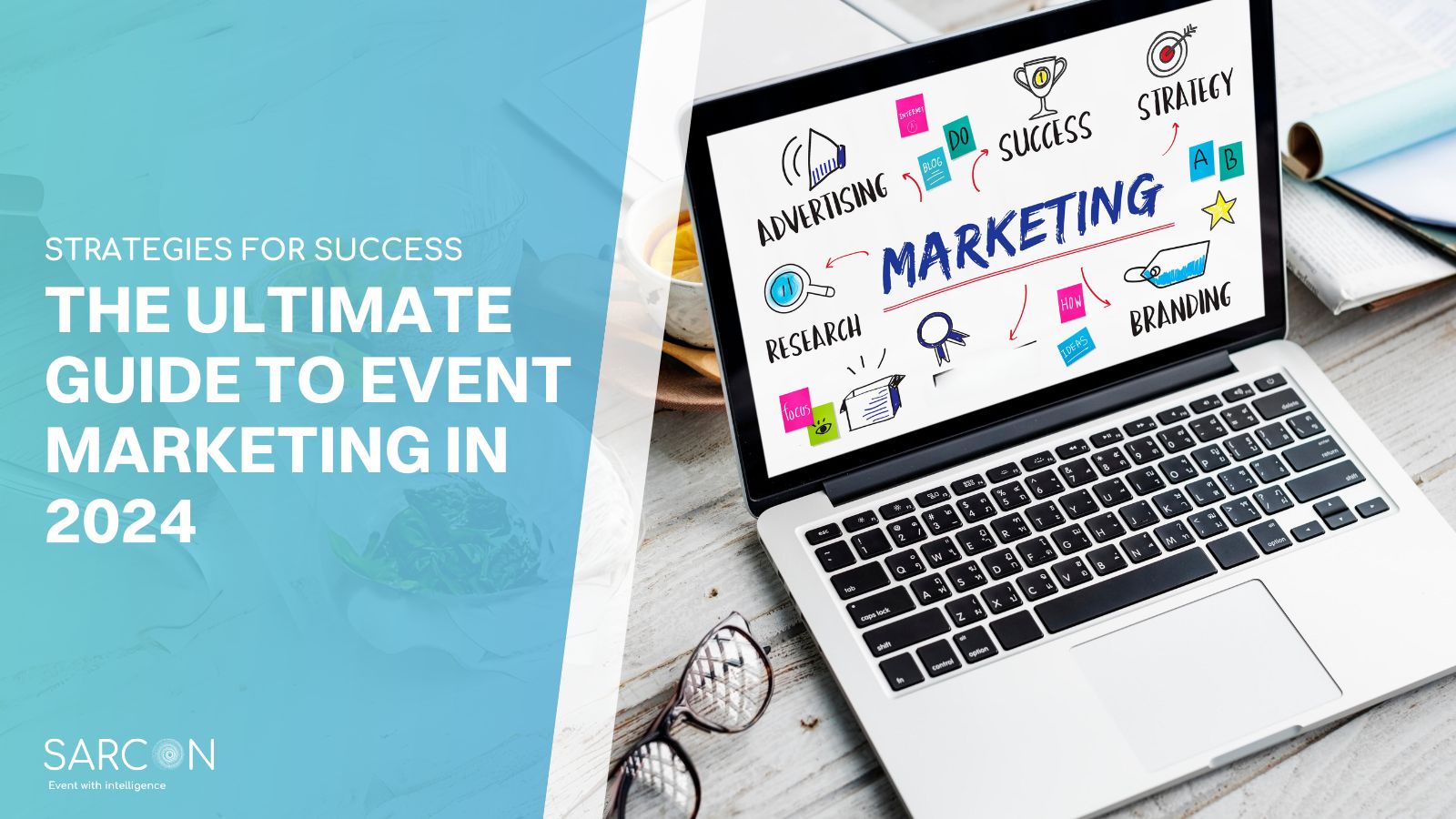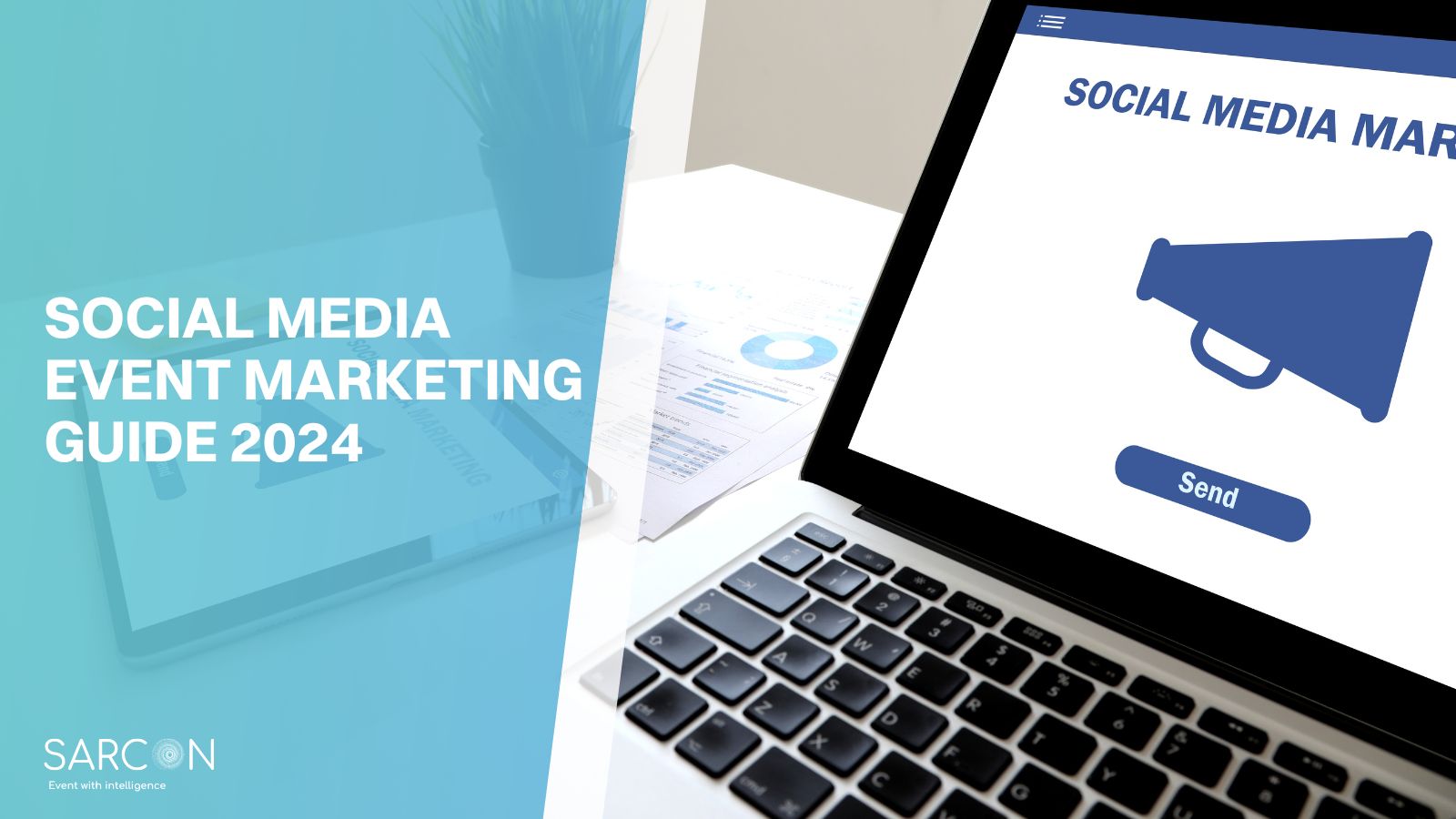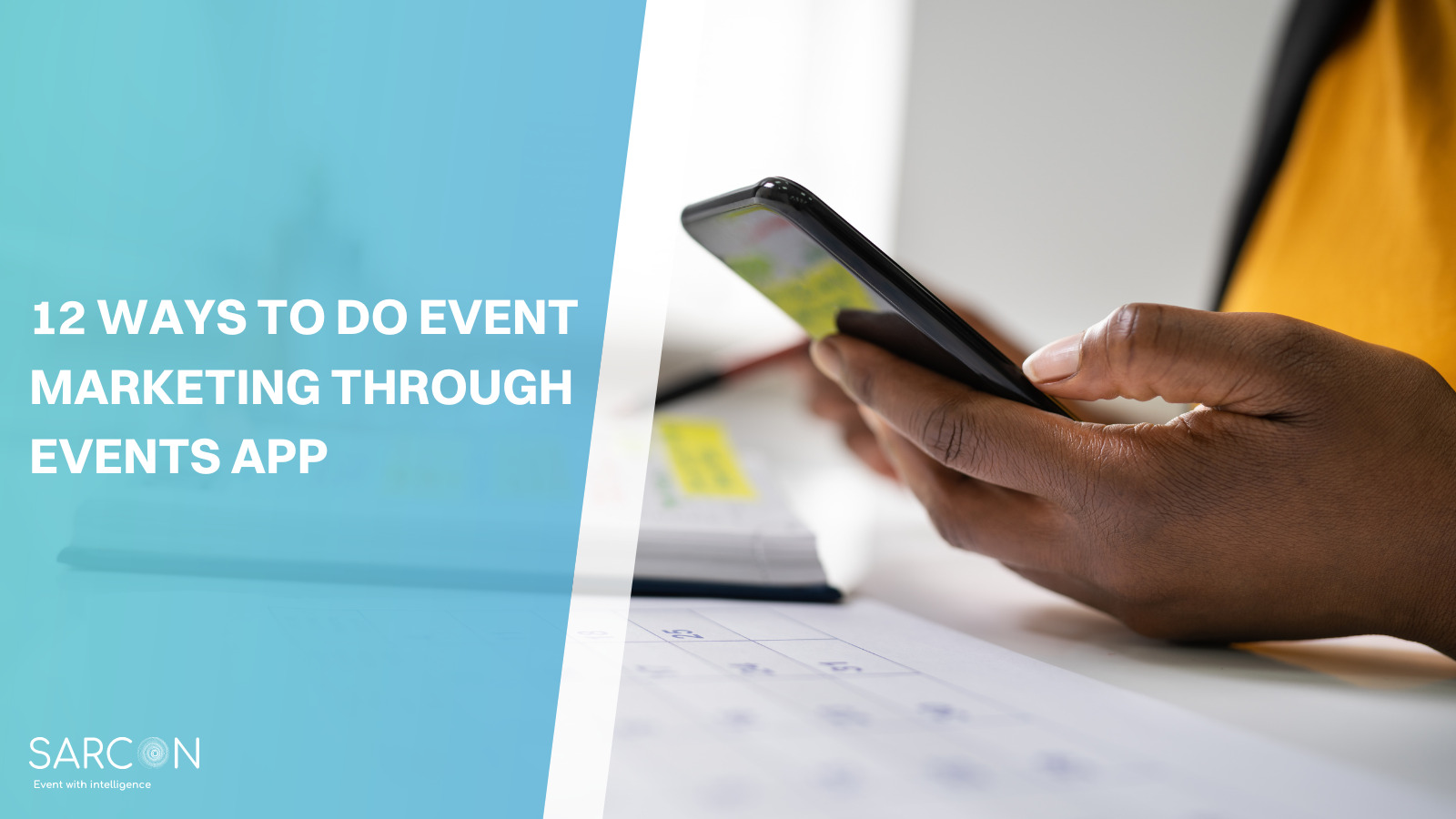Event marketing has evolved significantly over the years, transforming from traditional meet-and-greets to dynamic, multi-platform experiences that engage audiences around the globe. The Event Marketing Guide 2024 Edition is designed to navigate you through the latest trends, technologies, and strategies ensuring your events stand out in a crowded marketplace. But before we dive in let’s understanding what event marketing is.
What Is Event Marketing?
Event marketing is a dynamic strategy that focuses on creating and promoting events as a way to engage audiences and promote a brand, product, or service. It’s an interactive form of marketing that allows for direct engagement with attendees, offering a unique experience that can’t be replicated through other marketing forms. In 2024, event marketing has evolved, incorporating advanced technology and digital strategies to create more immersive and personalized experiences.
How To Build an Effective Event Marketing Strategy
Building an effective event marketing strategy in 2024 involves several key steps:
Step 1: Establish Clear Event Goals and Objectives
Understanding Your Purpose: Start by asking yourself the fundamental questions: Why are you hosting this event? What do you hope to achieve? This could range from increasing brand loyalty, launching a new product, to fostering community engagement or generating sales leads. Your goals should be SMART (Specific, Measurable, Achievable, Relevant, Time-bound) to ensure they guide your decision-making process effectively.
Examples of Goals: For instance, if you’re launching a product, your goal might be to educate potential customers and generate X amount of leads. For a networking event, it might be about connecting industry professionals and increasing your brand’s industry presence.
Step 2: Understand and Identify Your Target Audience
Detailed Audience Analysis: Conduct thorough market research to create detailed audience personas. Consider demographics, psychographics, behavior patterns, and preferences. This insight helps tailor your event’s content and marketing efforts to directly speak to your audience’s interests and needs.
Segmentation Strategies: Don’t hesitate to segment your audience for more targeted marketing. For example, if your event appeals to both industry veterans and newcomers, tailor your messaging to address the specific needs and interests of these distinct groups.
Step 3: Develop a Comprehensive Budget
Budget Breakdown: List all potential expenses, including venue, technology, marketing, speakers, catering, and contingencies. Allocate your budget based on your event’s priorities and expected ROI. Always keep a buffer for unexpected expenses.
Cost-Saving Strategies: Explore partnerships or sponsorships to defray costs. Be creative with your resources – for example, use digital marketing strategies which can be more cost-effective than traditional methods.
Step 4: Event Design and Planning
Selecting a Format: Decide whether your event will be in-person, virtual, or hybrid. Consider current trends, technological capabilities, and what format will most effectively reach and engage your target audience.
Type of Event: The event’s nature (e.g., workshop, conference, networking session) should align with your goals and audience’s preferences. An interactive workshop might be ideal for educational purposes, while a gala might be better for fundraising.
Consistent Branding: Your event’s branding should be consistent across all materials – from digital advertisements and social media posts to physical signage and brochures. Consistency strengthens brand recognition and enhances the professional look of your event.
Quality of Materials: Invest in high-quality design and printing. Your branding materials are tangible representations of your event and can significantly impact attendees’ perceptions.
Theme Development: A unique and engaging theme can set your event apart. It should reflect your brand’s identity and resonate with your target audience. For instance, a tech conference might have a futuristic theme, while a community event might focus on local culture.
Effective Messaging: Your messaging should clearly articulate the value proposition of your event. Use compelling narratives and storytelling to connect emotionally with your audience. Consistency in messaging across all platforms is key.
Step 5 : Finalize Date, Location, and Venue
Choosing the Date: Be mindful of holidays, industry events, and general availability of your target audience. Use data from past events or industry trends to pick a date that maximizes potential attendance.
Location and Venue Considerations: Accessibility is crucial. The venue should reflect the event’s tone, size, and technological needs. For virtual events, invest in a robust platform that ensures a seamless experience.
Step 6 : Select an Event Marketing Software Partner
Technology Integration: Modern events require sophisticated technology solutions. From attendee management to engagement analytics, choose a software that aligns with your event’s scale and complexity.
Features to Look For: Key features might include registration and ticketing systems, email marketing tools, attendee tracking, and real-time analytics. A good platform can significantly enhance both the planning process and the attendee experience.
Step 7: Create a Dynamic Event Website and Simplify Registration
Website Essentials: Your event website is your digital storefront. It should be informative, visually appealing, and easy to navigate. Include essential information like date, time, agenda, speakers, and FAQs.
Streamlining Registration: The registration process should be straightforward and mobile-friendly. Offer multiple payment options and have a clear, concise refund and cancellation policy.
Additional Considerations
- Integrated Marketing Approach: Utilize a mix of digital and traditional marketing channels. Leverage social media, influencer partnerships, content marketing, and targeted ads to build anticipation and drive registrations.
- Attendee Engagement: Engage with your audience before, during, and after the event. Use interactive tools like polls, Q&A sessions, and networking opportunities to enhance engagement.
- Post-Event Strategy: Follow up with attendees through surveys and emails. This feedback is invaluable for measuring success and planning future events. Additionally, it helps in maintaining a connection with your audience.
How to Market Your Events in 2024
In 2024, marketing your events requires a blend of creativity and technology:
- Leverage Social Media: Platforms like Instagram, Twitter, and TikTok are essential for promoting events. Use eye-catching visuals, engaging content, and hashtags for wider reach.
- Incorporate AI and Data Analytics: Use AI tools for personalized marketing and data analytics for understanding audience preferences.
- Virtual and Augmented Reality: Offer virtual experiences or augmented reality previews of your event to create buzz.
- Influencer Partnerships: Collaborate with influencers to tap into their followers and gain credibility.
Top 5 Event Marketing Tips
- Embrace Hybrid Events: Combine the best of physical and digital worlds to reach a broader audience.
- Focus on Experience: Create memorable, engaging experiences that attendees will want to share.
- Sustainable Practices: In 2024, eco-friendly events are more important than ever. Implement sustainable practices in your event planning.
- Utilize User-Generated Content: Encourage attendees to share their experiences on social media. This not only provides authentic content but also increases your event’s visibility.
- Continuous Engagement: Keep engaging with your audience before, during, and after the event. Use emails, social media updates, and feedback surveys.
Check Out These Event Marketing Resources
To delve deeper into the world of event marketing, check out our comprehensive resources. From the latest trends to expert advice, we’ve got everything to ensure your event is a success. Visit our website to explore guides, case studies, and more!
FAQs
What are the key trends in event marketing for 2024?
Key trends include hybrid events, use of AI and VR, sustainable practices, and leveraging social media for promotion.
How important is technology in event marketing?
Technology is crucial for personalization, engagement, and reaching a wider audience. It’s essential for staying competitive and relevant in 2024.
Can small businesses benefit from event marketing?
Absolutely! Event marketing is scalable and can be tailored to fit the resources and goals of small businesses.



